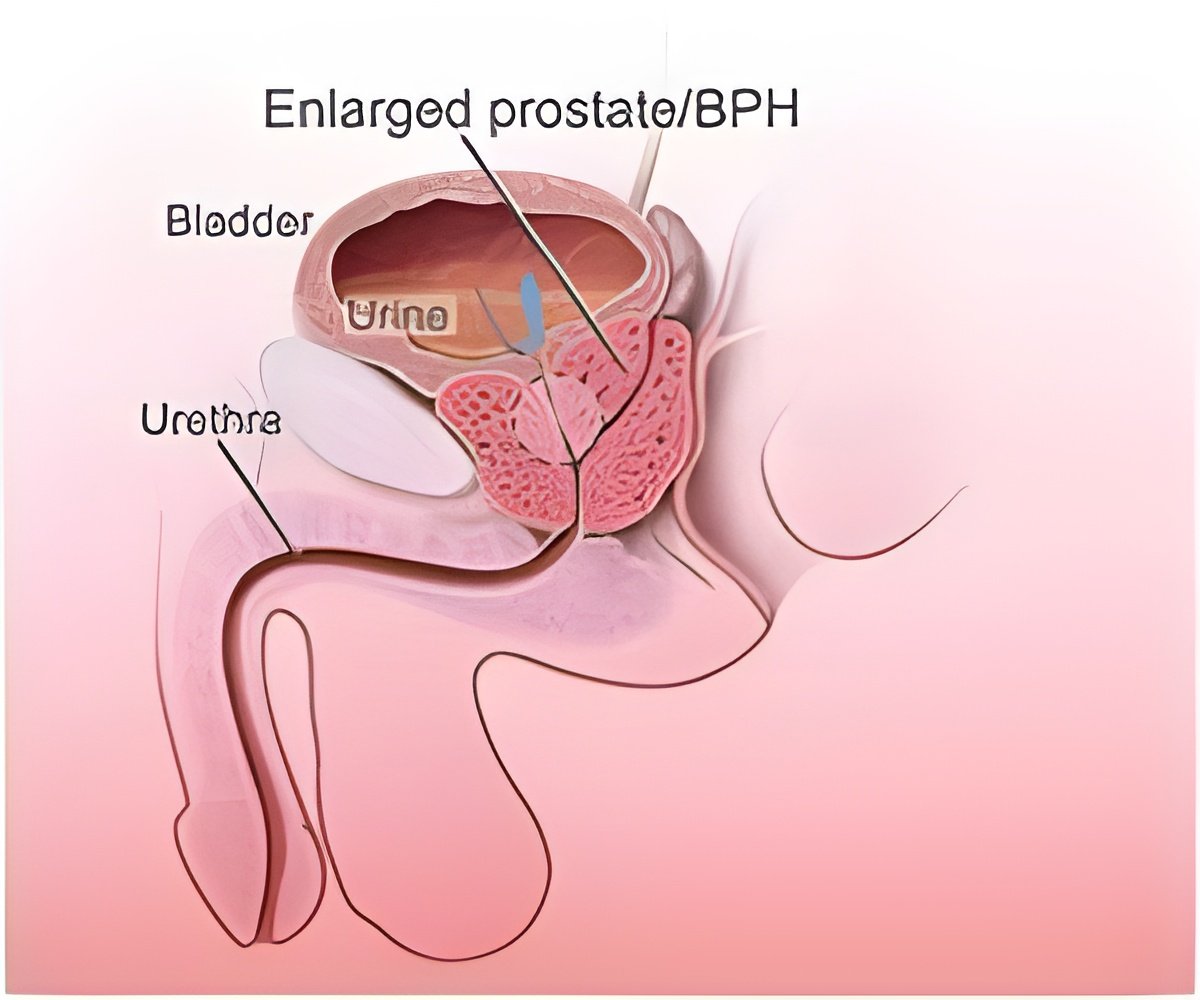The new sensor chip works by identifying glycoprotein molecules that play a major role in the immune response, which are used as biomarkers for prostate cancer.

"It gives a much more accurate reading which relies on antibodies, and reduces the number of false positive results," said lead researcher professor Paula Mendes from the University of Birmingham.
Glycoprotein molecules are produced as part of the body’s immune response to disease. They are useful clinical biomarkers for detecting prostate cancer and other diseases.
Researchers created the sensor chip with tiny cavities that are shaped to accept glycoproteins with specifically shaped sugar attachments.
The researchers created a molecule with boron group that reacts with the glycoprotein and also reacts and attaches to another molecule that is bound to a gold surface, drawing the rest of the compound to lay on the chip.
Another molecule is then used to lay over the rest of the surface so that other glycoproteins do not attach. The next step is to remove the glycoprotein from the chip, leaving a mold with boron-containing molecules that point to the sugars that were present within the glycoprotein.
Advertisement
"Furthermore, our technology is simple to produce and store, so could feasibly be kept on the shelf of a doctors' surgery anywhere in the world. It can also be recycled for multiple uses without losing accuracy," Mendes said.
Advertisement

![Prostate Specific Antigen [PSA] & Prostate Cancer Diagnosis Prostate Specific Antigen [PSA] & Prostate Cancer Diagnosis](https://images.medindia.net/patientinfo/120_100/prostate-specific-antigen.jpg)













